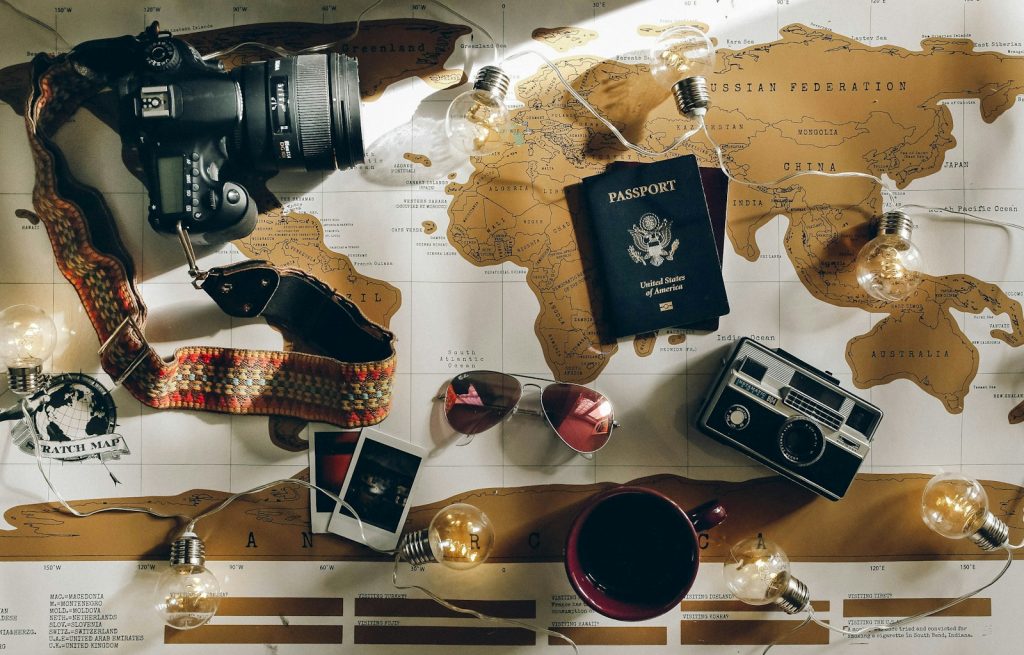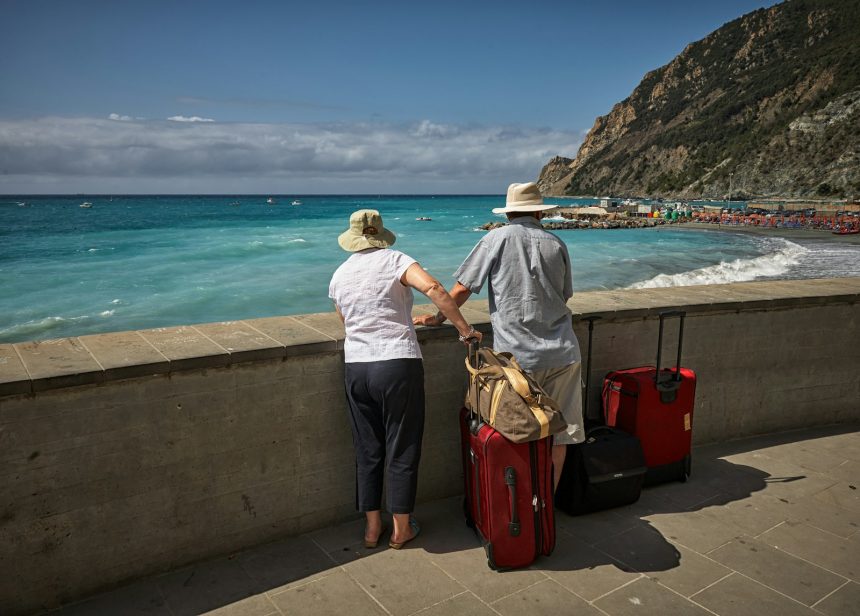Traveling with Disabilities: Traveling is a transformative experience—a journey of discovery, adventure, and self-discovery. For individuals with disabilities, however, the prospect of traveling can often seem daunting, fraught with obstacles and uncertainties. From navigating inaccessible transportation and accommodations to facing societal attitudes and misconceptions, travelers with disabilities encounter a myriad of challenges that can deter them from exploring the world. Yet, with determination, resourcefulness, and support, individuals of all abilities can embark on meaningful and enriching travel experiences. In this article, we delve into the realities of traveling with disabilities, offering insights, tips, and inspiration for overcoming barriers and embracing the joys of exploration.
Understanding Accessibility:

At the heart of inclusive travel is the concept of accessibility—ensuring that transportation, accommodations, attractions, and services are designed to accommodate the needs of individuals with disabilities. Accessibility encompasses a wide range of considerations, including physical, sensory, cognitive, and emotional factors, with the goal of creating environments that are welcoming, equitable, and barrier-free. For travelers with mobility impairments, this may mean having wheelchair ramps, elevators, and accessible restrooms, while for those with visual or hearing impairments, it may involve providing braille signage, audio descriptions, and assistive listening devices.
While progress has been made in recent years to improve accessibility in travel and tourism, significant gaps and challenges remain. Many destinations and facilities still lack basic infrastructure and amenities to accommodate individuals with disabilities, leading to feelings of frustration, isolation, and exclusion. Moreover, attitudes and perceptions towards disability vary widely across cultures, with some societies embracing inclusivity and diversity while others stigmatize and marginalize individuals with disabilities. As a result, travelers with disabilities must often advocate for their needs and rights, seeking out resources and support networks to navigate unfamiliar terrain.
Planning and preparation:

The key to successful travel with disabilities lies in thorough planning and preparation, empowering travelers to anticipate and mitigate potential challenges along the way. Before embarking on a journey, it is essential to research destination accessibility, identifying accessible accommodations, transportation options, and attractions that meet individual needs and preferences. Websites and travel forums dedicated to accessible travel can provide valuable insights and recommendations, offering firsthand accounts and reviews from fellow travelers with disabilities.
In addition to destination research, travelers with disabilities should also consider their specific mobility, medical, and personal care requirements, ensuring that necessary equipment, medications, and support services are readily available throughout their trip. Communicating with airlines, hotels, and tour operators in advance can help facilitate arrangements for wheelchair assistance, accessible rooms, and special dietary needs, reducing stress and uncertainty during travel. Moreover, obtaining travel insurance that covers medical emergencies and trip cancellations can provide peace of mind and financial protection in unforeseen circumstances.
Empowering Independence:
While traveling with disabilities may present unique challenges, it also offers opportunities for empowerment, self-discovery, and personal growth. By embracing a spirit of adaptability and resilience, travelers with disabilities can overcome obstacles and expand their horizons in ways they never thought possible. Accessible travel destinations such as national parks, museums, and cultural landmarks offer immersive experiences that cater to diverse interests and abilities, fostering a sense of connection and belonging within the broader travel community.
Technology has also played a transformative role in empowering travelers with disabilities, providing tools and resources to navigate the world with greater independence and confidence. Mobile apps and assistive devices can assist with wayfinding, communication, and accessibility information, helping travelers locate accessible facilities and services in real-time. Moreover, social media and online communities enable travelers with disabilities to share their experiences, exchange tips and advice, and advocate for greater inclusivity in the travel industry.
Promoting Inclusivity and Advocacy:
In order to truly achieve inclusive travel, it is imperative that individuals, businesses, and policymakers work together to address systemic barriers and promote accessibility for all. Governments can enact legislation and regulations that mandate accessibility standards and requirements for transportation, public spaces, and tourism facilities, ensuring compliance and accountability across the industry. Businesses and service providers can invest in training and education for staff members, fostering a culture of sensitivity and awareness towards individuals with disabilities.

Furthermore, travelers with disabilities themselves can serve as powerful advocates and ambassadors for inclusive travel, sharing their stories and advocating for change within their communities and the broader travel industry. By raising awareness of accessibility issues and highlighting best practices, travelers with disabilities can help drive positive change and inspire others to embrace the principles of inclusion and diversity. Together, we can create a world where travel is truly accessible to all, regardless of ability or circumstance.
Traveling with Disabilities
In Conclusion, Traveling with disabilities is not without its challenges, but it is also a journey filled with possibility, adventure, and transformation. By embracing the principles of accessibility, planning and preparation, empowerment, and advocacy, individuals with disabilities can embark on meaningful and enriching travel experiences that enrich their lives and broaden their horizons. As we continue to strive towards a more inclusive and equitable world, let us remember that travel is not just about reaching a destination—it is about the journey itself and the connections, memories, and experiences that shape us along the way.


